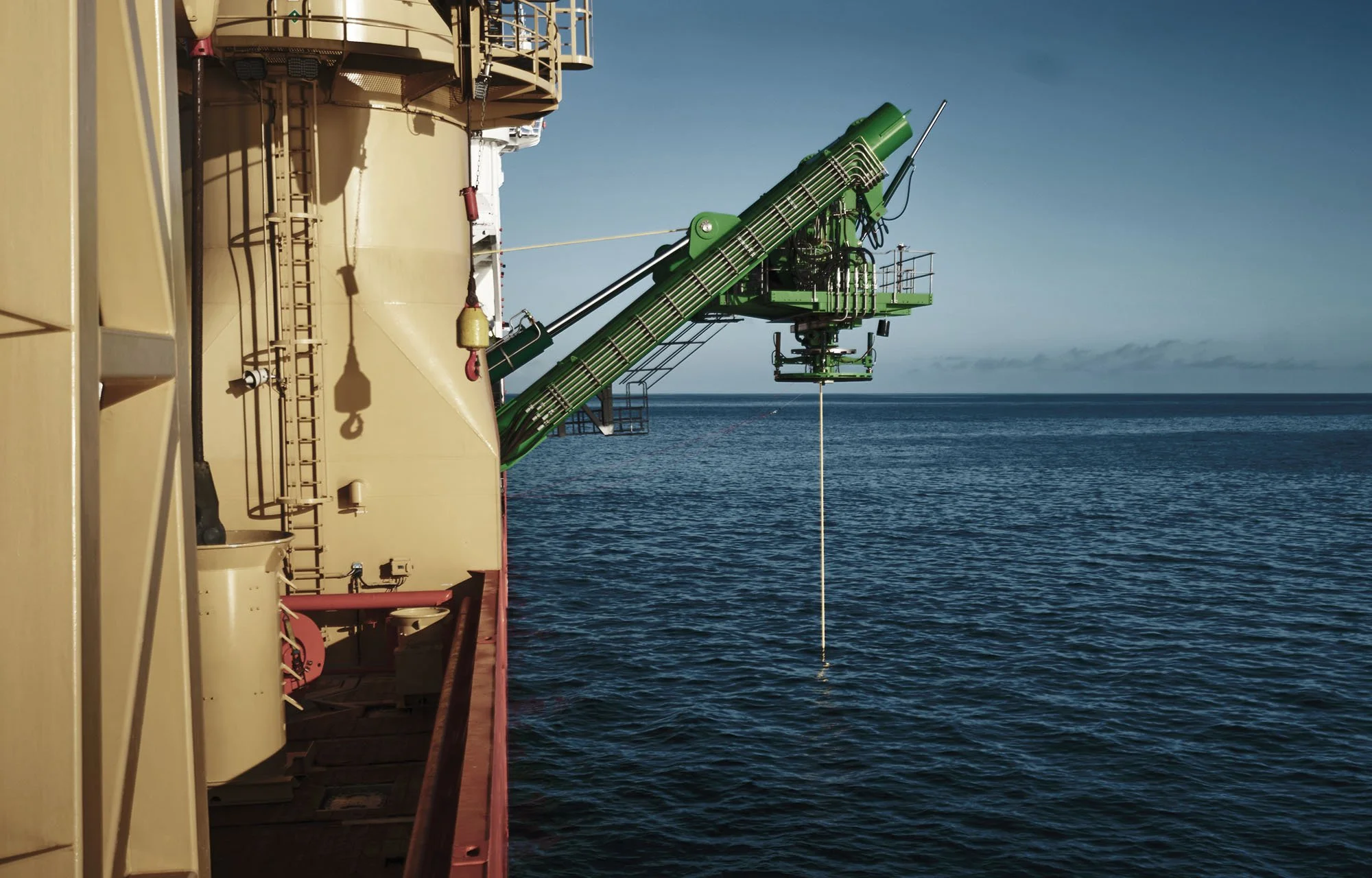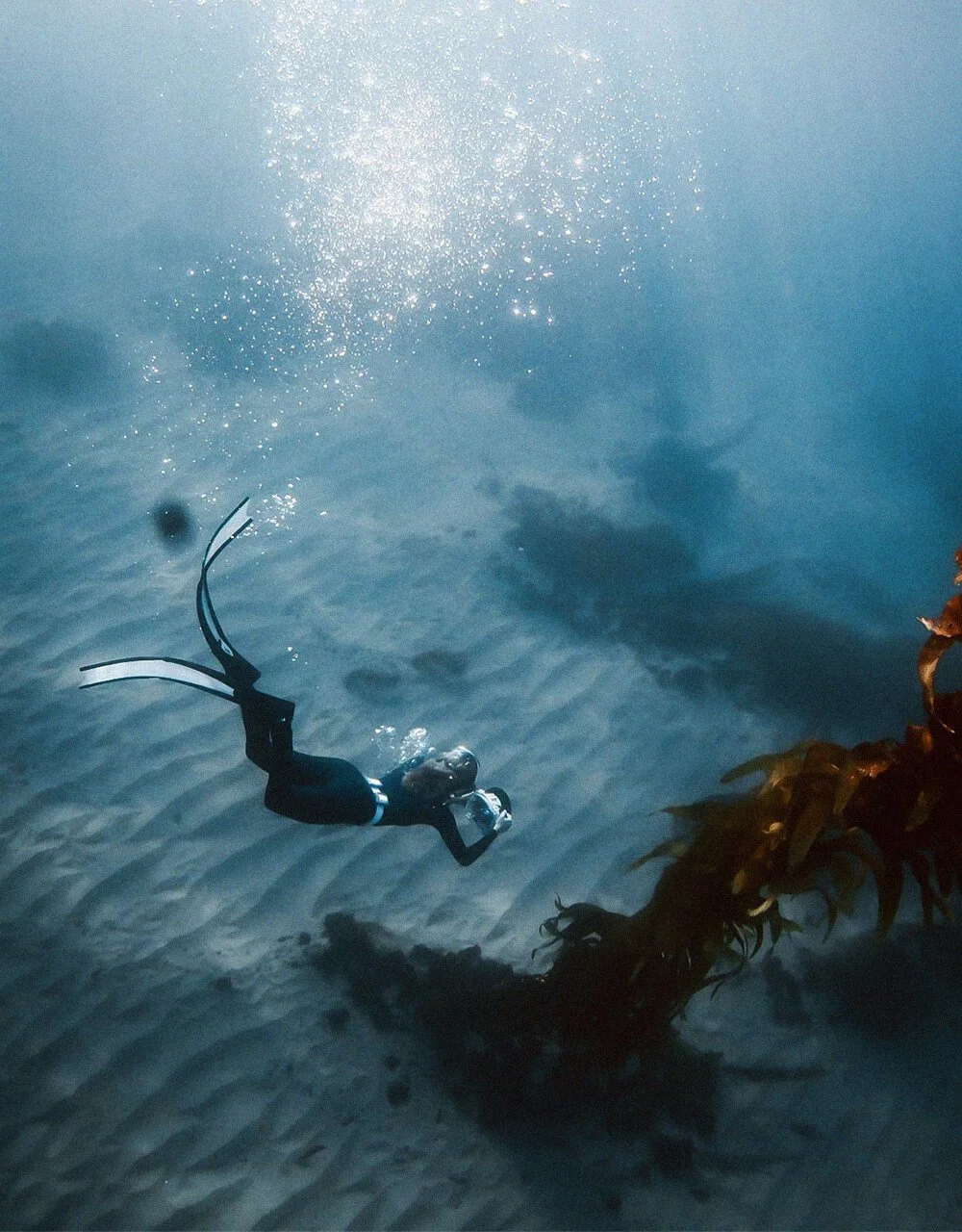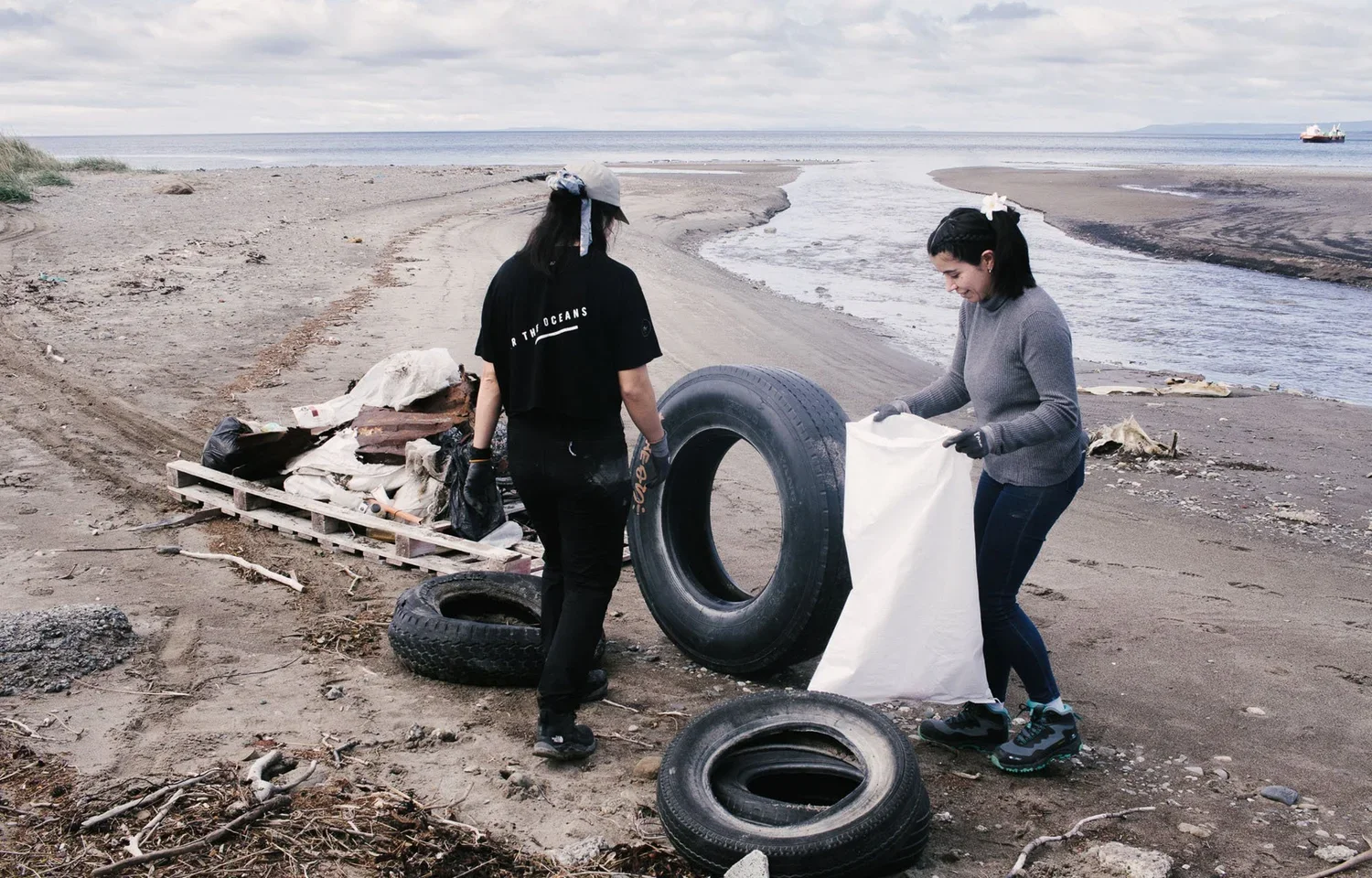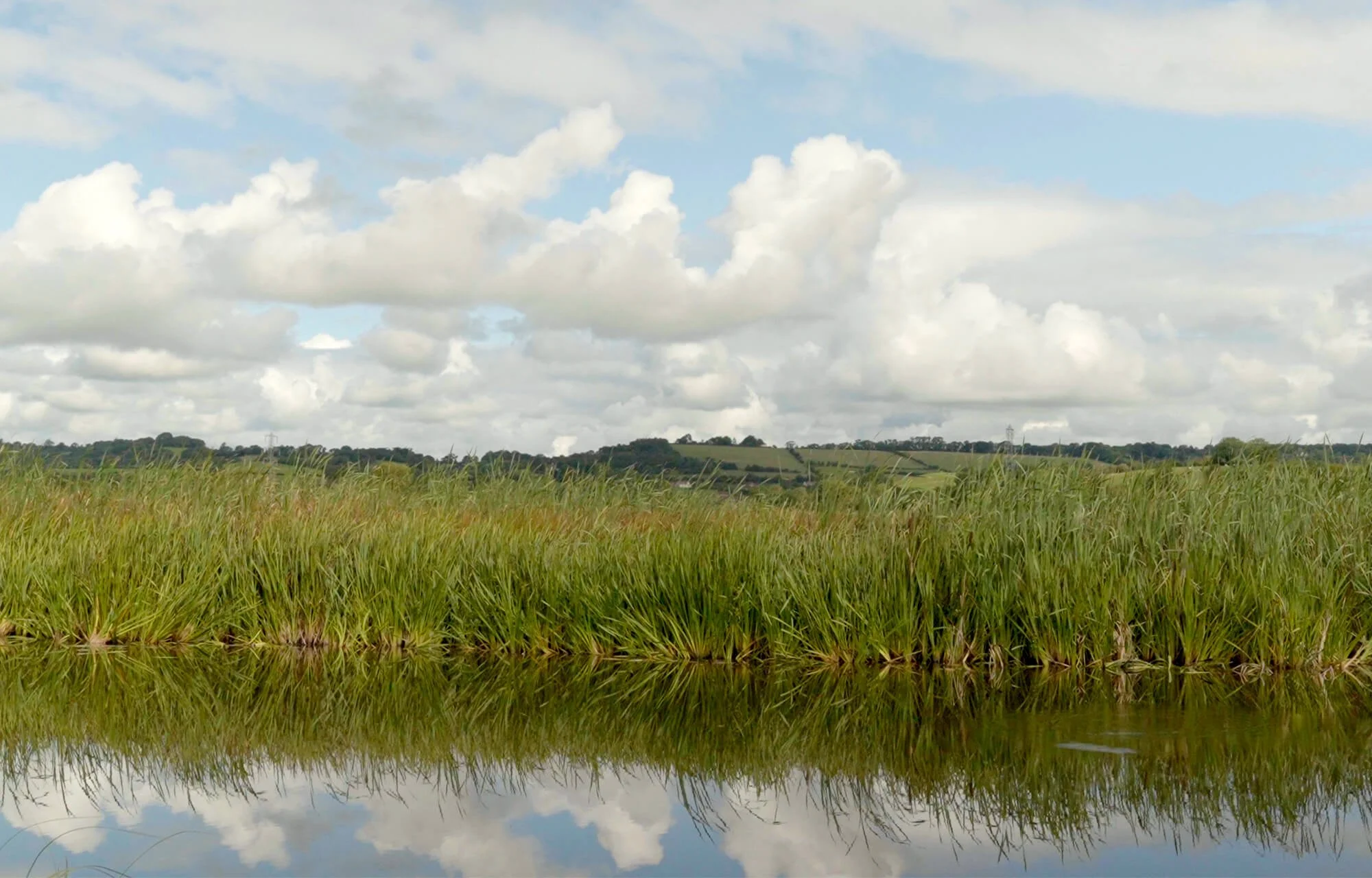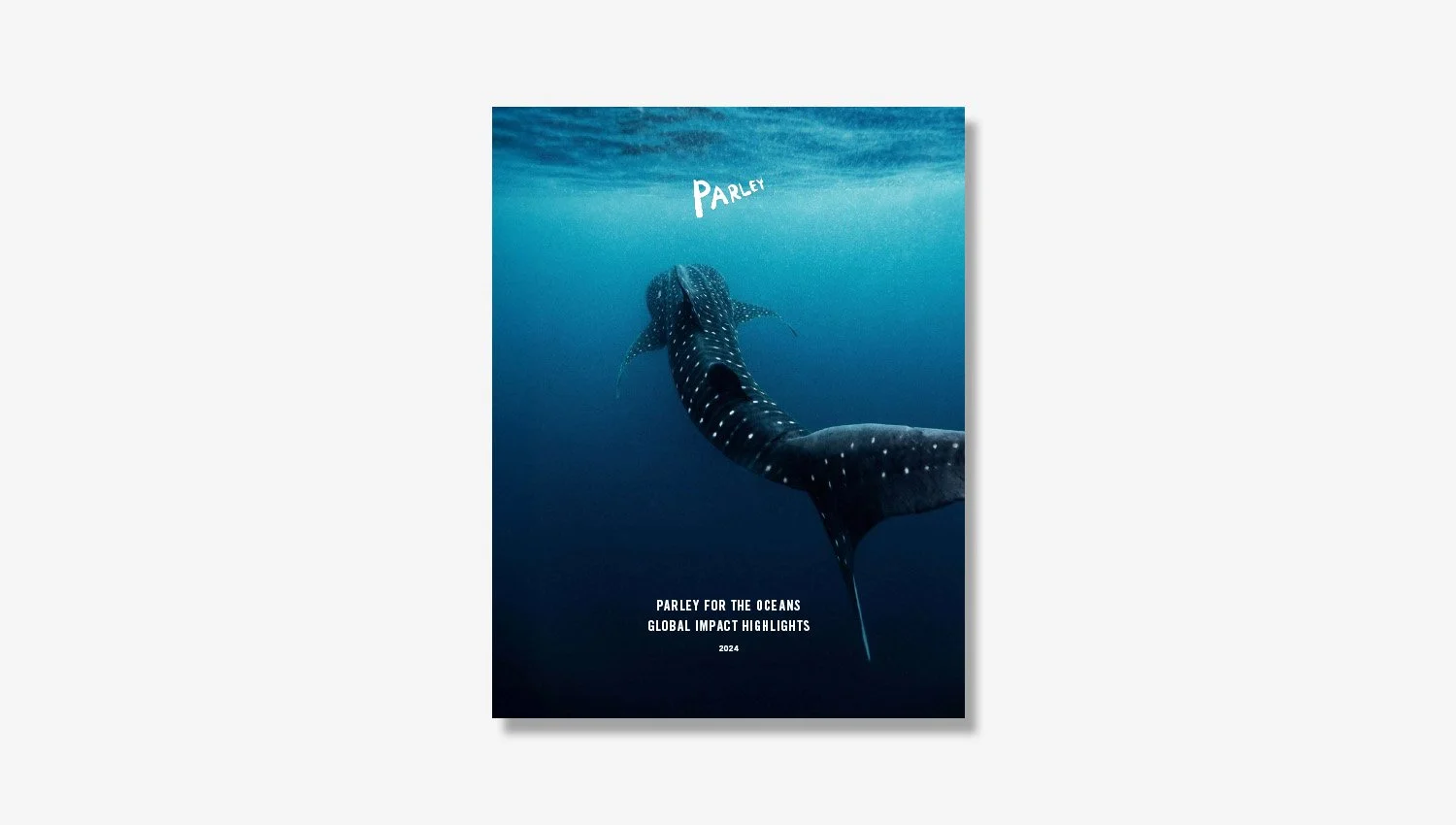Should we mine the deep sea?
Parley sat down with Deep Rising’s Matthieu Rytz
Click to watch Deep Rising documentary trailer
Discussions are dragging on over whether or not companies will be allowed to mine the deep sea, a place that’s both rich with minerals and largely unexplored. Regulators of the International Seabed Authority (ISA), the intergovernmental body set up by the UN to govern the deep seabed, were slated to make a decision on the future of mining by July 2023, but at the last minute, pushed talks once again, to next year, without giving the green light to miners.
One of the major companies poised to mine, The Metals Company, announced shortly after that it plans to submit its application to mine the deep sea in July 2024, after the deferred meeting of the International Seabed Authority. In a press release the company said it expects the review process to last one year, and that they should be able to start mining in late 2025.
But that isn’t set in stone and momentum is growing for a moratorium. There's still time to fight, to learn, to share information. There’s still time to understand what’s at stake.
In July, we published a deep-dive on the dilemma of moving toward a green economy and how mining the deep seas became a central part of the debate. Delving further into the issue, Parley’s Lindsay Gordon, our head of global programs, sat down with Matthieu Rytz, director and producer of the documentary Deep Rising, to get his take on a topic he’s been following for years. Catch up with our Parley AIR Guide and go deeper with Rytz’s insight on the green economy, deep sea mining and the paradigm shift that needs to happen if we’re going to protect life on Earth.
Matthieu Rytz
Q & A
How has your view on deep mining changed throughout the years of working on Deep Rising?
Frankly, my view hasn't really changed. I started the project with the view that we cannot afford to open a new destructive industry, to extract more finite resources from our precious planet. So I think my view changed more about the scale of it and really realizing how big the story was. I don’t separate the land and ocean. Protecting fragile, ancient ecosystems on both land and in the ocean are equally important to planetary stability. I think when the industry is saying we need to open up the seafloor for nickel and cobalt to power our green revolution, that it’s creating more of the same disastrous extractive techniques that wreak destruction of our environment just as we have seen on land.
This is a very critical debate. And in that debate, I think we don't have enough science to actually know what is true yet about deep seabed mining. But even if we eventually conclude that getting nickel out of the sea floor might be slightly more sustainable than extracting it from rainforests, it's a flawed debate in the first place because we are still of the view that we need to extract more, and this is wrong. We can produce energy without extraction. We can produce energy with green hydrogen, we can produce energy by recycling the metals we have already mined and we can produce energy using widely available elements. We can produce energy in a lot of different ways.
Energy production has always been at the top of my mind and the top of my story. There's been a lot of greenwashing. The industry is using greenwashing to convince investors, but the greenwashing is also rooted in capitalism. For example, a company like Tesla trying to convince the world that we all need to buy a Tesla, it's the same paradigm yet again of consumption and extraction. How many raw materials go into making a new car and how long is the lifecycle of that vehicle? They want you to buy another new car in a couple of years so the cycle continues. We have to fundamentally change the paradigm. California is a good example. It’s the fifth largest economy in the world, and there’s still no speed train between Los Angeles and San Francisco. That doesn't make any sense. So, we are not changing the paradigm in the first place. We're just, you know, pushing the same thing over and over again.
As much as I don't want deep sea mining to happen, I'm sitting right now in Indonesia and I can see the beautiful rainforests all around me and they’re all full of nickel. And they tear down rainforests to get the nickel out. And I hate that story too, just as much as I hate deep seabed mining. I think the debate should be pushed right now, to finding solutions to the root cause of the issue and really pushing a narrative of moving away from the extraction of finite resources.
“Biodiversity is not just the animals we love, it’s also all these microorganisms that constitute the atmosphere we live in and make life possible.”
Matthieu Rytz — Deep Rising Director & Producer
What is your response when asked if deep sea mining could ever be more sustainable than land mining?
We cannot afford to open the seabed for a very specific reason: we don't know about it. I think the industry will go faster than conservation and science and it's a dilemma because actually the industry is funding the science. So there's almost no independent science that is happening currently in the Clarion-Clipperton Zone. They need so much capital to do peer reviewed science to actually understand the seafloor, its complex species, biodiversity and ecosystems and its function in the regulation of our climate. The problem is, we won't have enough science and the industry backed by ISA member states wants mining to start before we even know what we are losing. So, we cannot afford to start mining the largest carbon sink on the planet. We know we’re getting near the tipping point, it’s now in the news every day. The next decade is going to be catastrophic, not only for humans, but all life on Earth. There’s no real argument that stands to justify opening up the seafloor.
We can all agree mining is destructive no matter where it's taking place. A lot of people are speaking about alternatives to mining that could produce the materials we need to create, for example, the lithium ion batteries used in electric cars. What are these alternatives?
I think it's the wrong approach to say to the consumer, “just don't touch nickel anymore, don't touch batteries anymore.” We need to really change the chemistry of batteries so they don’t need these metals. There's massive development of lithium iron phosphate batteries in China. There's no nickel and cobalt. And the fact is actually they're way more advanced in it. Chinese companies are going after nickel to build batteries for the U.S. and European markets, but domestically, they know it’s not a solution. They’re really ahead in that mindset.
If we're to continue on the path that we're on, do we need deep sea mining? Could we get by without it?
If we follow the track we are currently on, ultimately we're gonna run out of nickel at one point and it will get harder and harder to find on land. I know that Australia and Canada have quite a lot of nickel, but it's not the same quality, it can’t be used to make batteries. So I think there's most likely an industry that will go ahead and mine the deep sea unless there's a fundamental paradigm shift in the way we produce energy globally. But I'm very hopeful about what is actually already happening with lithium iron phosphates as alternatives to nickel and cobalt. My gut feeling is that within a year or two, car manufacturers will give the consumer an option to choose between lithium iron phosphate batteries and batteries that use cobalt and nickel.
There’s also a lot of conversation around recycling. Absolutely a nickel battery can be recycled. 100% of the nickel can be recycled. Of course, you need energy to do this process, but it's a beautiful idea to actually recycle nickel batteries.
Once you have X amount of EVs on the market, that doesn't mean that the EVs are going to stay in the U.S. What's probably going to happen is they're going to be driven down to Mexico as secondary markets and the new car will come to the market in the U.S.. So that means you have to inject so much more nickel into the system. It’s this system of constant consumption that is fundamentally flawed.
What can individuals do to help reduce demand for mined metals? Is there anything that you would advise individuals to do right now to start reducing demand?
It's a matter of not overwhelming consumers because every time you touch a phone or laptop, you’re using nickel. We’re using nickel all the time. The non-realistic ask will be asking people not to buy a cell phone and laptop and just basically not touch batteries. It doesn't make sense. We have to get to a realistic ask. We need alternatives to become mainstream and that’s an industry decision. I think car batteries are a really good start. Then it comes to politics. And that's become tricky because obviously every single country has a different political setting, but people can put pressure on their local delegates to change policy for the manufacturing industry. The law should be focussed on protecting the planet for future generations. Are we opening up the seafloor for the short term interests of a few people and jeopardizing future generations for that? The industry doesn't want you to believe that, but that’s what’s happening at the moment.
Climate change is the biggest threat our oceans are facing today. A big question that people are asking is: could mining parts of it for metals actually help curb planet warming emissions, or will it likely do more harm than good?
There has been a COP around bringing greenhouse emissions down, and a totally separate COP on biodiversity, with basically no connection between them. And that’s the way our Western mindset works, we separate everything. We separate the land and the oceans and we don’t take a holistic approach. And that’s a really fundamental flaw in our mindset about how the planet works. I think biodiversity here is a critical point. We cannot afford to remove more biodiversity because biodiversity is the fabric of life. If we preserve biodiversity we have the most likely chance of surviving on this planet. We cannot afford to open up more wilderness, we have to act really fast in the opposite way – replanting trees, restoring biodiversity on a large scale. That will fix a lot of problems.
Biodiversity is not just the animals we love, it’s also all these microorganisms that constitute the atmosphere we live in and make life possible. As we know, the oceans are the largest carbon sink, it doesn’t compute to mine it in the climate crisis. Without this biodiversity we’re just living on a rock like any other planet in our solar system. There’s a miracle happening on this planet thanks to life itself, thanks to biodiversity. And we need to protect it at all costs.
Images courtesy of The Film Collaborative

